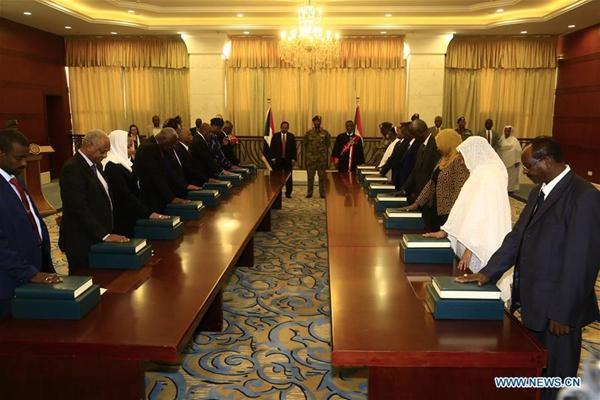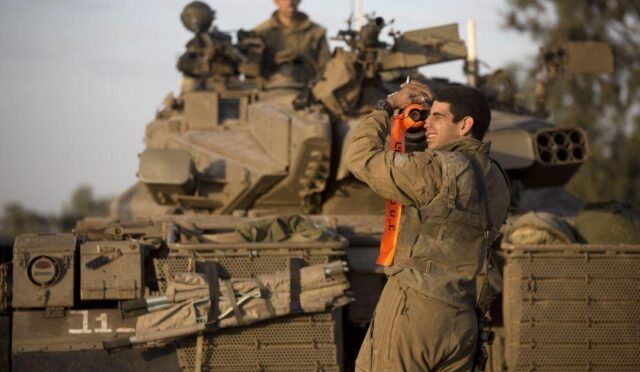Sudan’s Transitional Government Announcement
On Saturday, Sudan’s army chief, Abdel Fattah al-Burhan, announced the imminent formation of a transitional government amid the military’s significant progress against rival paramilitary forces. Speaking from Port Sudan, which serves as the de facto capital, Burhan described the upcoming government as a “caretaker” or “war government” that will be composed of independent experts.
Burhan emphasized that the primary aim of this new administration would be to complete remaining military objectives and eliminate the paramilitary Rapid Support Forces (RSF) from Sudan. He also highlighted that this transitional government would lay the groundwork for a broader political transition, paving the way for future elections.
Goals of the Transitional Government
The army chief clarified that a constitutional document would need to be ratified before the appointment of a prime minister, assuring that he would not interfere with the prime minister’s responsibilities. This statement reflects a commitment to establishing a functioning government capable of steering Sudan towards stability.
Additionally, Burhan revealed plans for a cabinet reshuffle scheduled for November, which will include the replacement of four ministers, notably those overseeing foreign affairs and media. These changes signal a shift in leadership as the military seeks to consolidate power and address the ongoing conflict.
The Ongoing Conflict in Sudan
Since April 2023, Sudan has been engulfed in a brutal conflict between Burhan and his former ally, Mohamed Hamdan Daglo, who leads the RSF. The fighting has devastating consequences, leading to tens of thousands of deaths and displacing over 12 million people, marking it as one of the largest humanitarian crises in history according to the International Rescue Committee.
In his recent address, Burhan dismissed the possibility of negotiations with the RSF unless their forces withdrew from strategic areas including Khartoum, West Kordofan, and Darfur, and regrouped in designated locations. This stance underscores the military’s determination to regain control over the nation and stabilize the situation.
Recent Military Gains
The Sudanese army has made notable advancements in recent weeks, regaining control over large areas of Khartoum and its outskirts that had been under RSF dominance for nearly two years. This shift in territorial control is a pivotal development in the ongoing struggle for power in the country.
As the military continues to assert its dominance, the implications for Sudan’s political landscape are profound. The establishment of a transitional government may provide a pathway for recovery and eventual elections, but the road ahead remains fraught with challenges.






